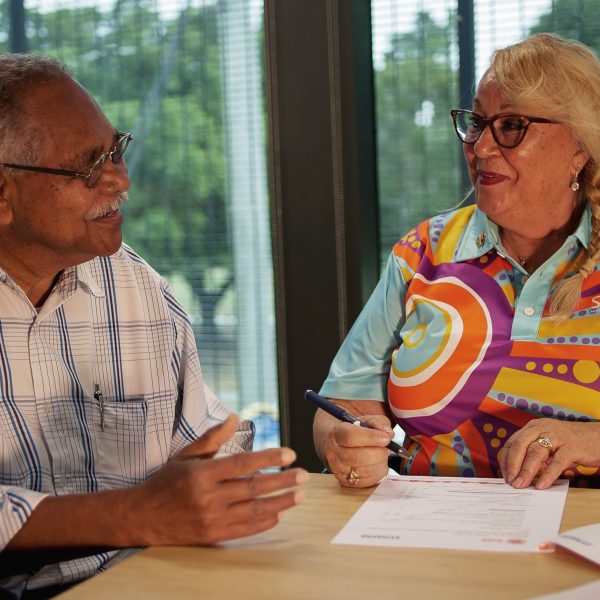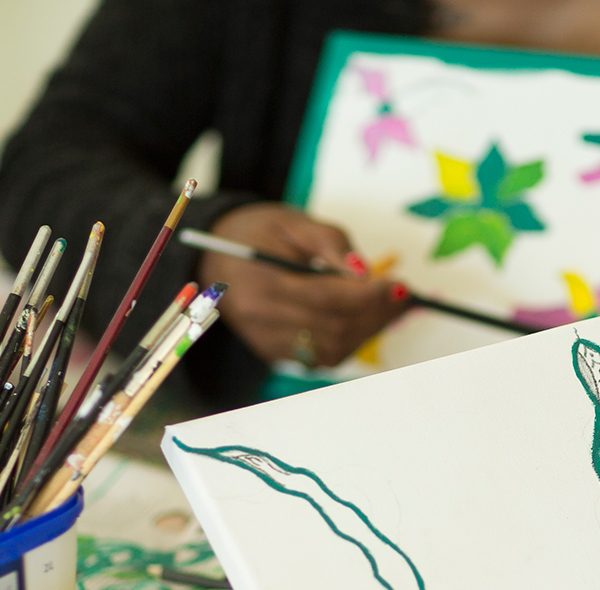
Murri Court Pilot Project
In 2018-2019 Synapse partnered with the Brisbane Murri Court to complete a pilot project in response to the need for culturally safe screening for brain injury and complex disability in the Murri Court system.
Read moreSynapse is committed to increasing awareness about FASD, particularly in relation to people who may be undiagnosed and at risk of homelessness and/or engagement with the criminal justice system.
One of the largest causes of preventable paediatric brain injury is prenatal alcohol abuse (Rasmussen et al., 2006). Fetal Alcohol Syndrome (FAS) is the specific condition that can arise following heavy maternal (and possibly paternal) drinking (Abel., 2004). FAS is visible at birth in facial features and other identifiable birth defects. FASD however, may not be visible at birth, but can become apparent during childhood with learning difficulties, hyperactivity, impulsivity, and deficits in emotional, physical, and/or social functioning (Streissguth & O’Malley., 2000).
Data about the prevalence of FASD in Australia is limited, but studies in the United States suggest between 2% and 5% may be affected (Burns et al., 2013). FASD crosses cultural and socio-economic, boundaries, and is not limited to one demographic. However, in some marginalised Indigenous communities the prevalence may be as high as 12% (AMA, 2016). There is a need for culturally appropriate methods to identify and manage FASD in at-risk groups.
If FASD is unmanaged, it can lead to secondary effects including:
Abel, E. (2004). Paternal contribution to fetal alcohol syndrome. Addiction Biology, 9(2), 127-133. doi:10.1080/13556210410001716980
Australian Medical Association [AMA] (2016). Position Statement Fetal Alcohol Spectrum Disorder (FASD).
Burns, L., Breen, C., Bower, C. et al. (2013). Counting fetal alcohol spectrum disorder in Australia: the evidence and the challenges. Drug Alcohol Rev. 2013 Sep 32 (5):461-7. Doi: 10.1111/dar.12047.
National Organisation for Fetal Alcohol Spectrum Disorders. (2013). What is FASD? Available at: http://www.nofasd.org.au/resources/what-is-fasd
Rasmussen, C., Horne, K., & Witol, A. (2006). Neurobehavioral functioning in children with fetalalcohol spectrum disorder. Child Neuropsychology, 12(6), 453-468. doi:10.1080/09297040600646854
Streissguth, A. P., & O’Malley, K. (2000). Neuropsychiatric implications and long-term consequences of fetal alcohol spectrum disorders. Seminars in Clinical Neuropsychiatry, 5, 177–190.

In 2018-2019 Synapse partnered with the Brisbane Murri Court to complete a pilot project in response to the need for culturally safe screening for brain injury and complex disability in the Murri Court system.
Read more
Synapse is working with Griffith University to review the processes for assessing the disability needs of Aboriginal and/or Torres Strait Islander prisoners.
Read more
The Guddi Way Screen is a culturally developed tool to identify cognitive impairment as a result of a brain injury in Aboriginal and/or Torres Strait Islander people.
Read more
In 2018 Synapse partnered with the NSW Department of Justice and Guthrie House, a not-for-profit transitional service for women exiting the prison system, to support women who may have a brain injury.
Read moreIf you’ve got questions or need advice, support or further information, get in touch with us today. We’d love to help